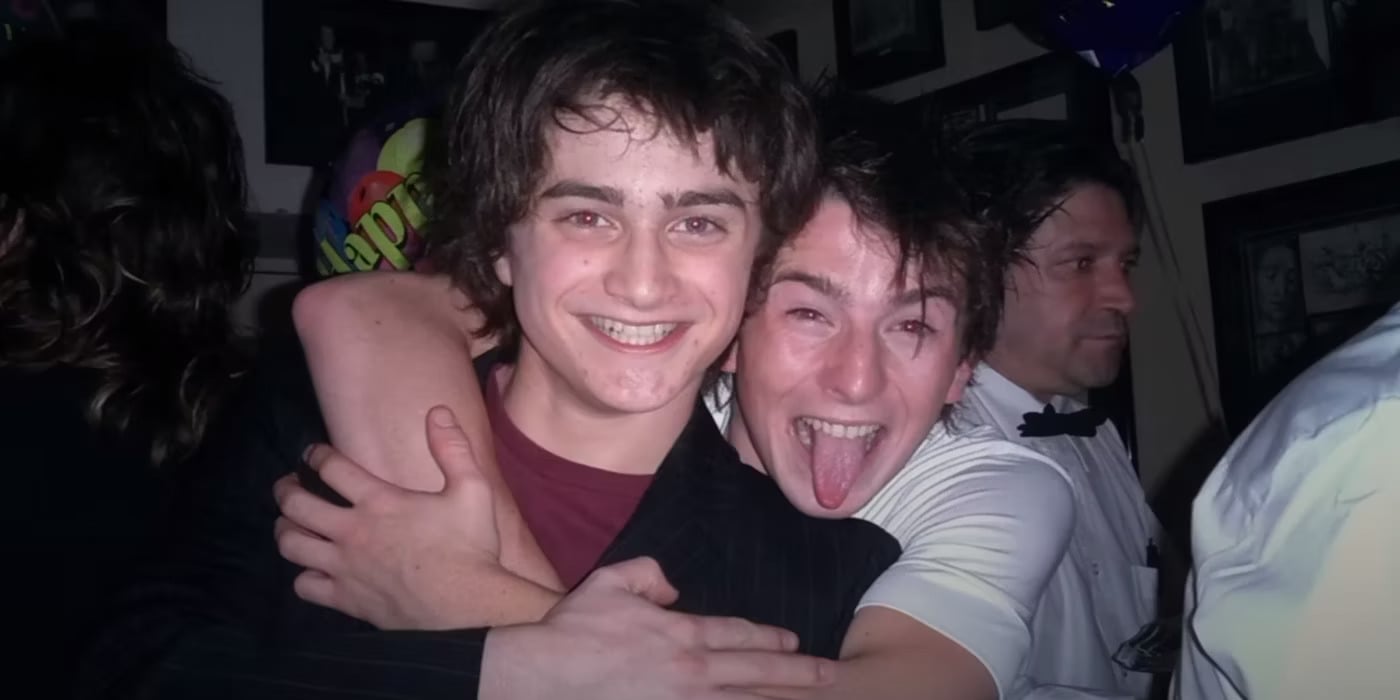The Harry Potter movies undoubtedly changed the lives of its young stars forever — but a stuntman whose future the films had more tragic consequences for is the deserved focus of this moving documentary. David Holmes was just 17 when he was hired as Daniel Radcliffe’s stunt double, a role he held throughout the series. The two formed a close brotherly bond on set, growing up alongside one another for 10 years until a terrible accident during the final movie’s filming left him paralyzed from the chest down, a condition that has deteriorated over the years following post-surgery complications.
This doc is an inspiring portrait of David, from his fearless childhood and dream-fulfilling work to the incredible resilience he’s shown since the accident. It’s also, though, a poignant testament to the loving, supportive community that Holmes inspired at work — friendships that only reached greater depths following the accident and the end of the movies. The doc’s focus empathetically expands from Holmes’ story to include its impact on his bond with Radcliffe (who features prominently here) and Holmes’ fellow stunt doubles — and, while the sheer force of Holmes’ personality would make for a compelling documentary on its own, it’s the tenderness and honesty that all of these participants show that makes this so poignant.
Synopsis
As Daniel Radcliffe's stunt double in the Harry Potter films, David Holmes' work has been seen worldwide by millions of people. Tragically an on-set accident ended what David calls "the best job in the world," leaving him paralyzed. Like the on-screen character he helped bring to life, David is determined to continue seeking adventure and living life to the fullest despite mounting obstacles.
Storyline
The untold story of David Holmes — the young stunt double left paralyzed on the set of a Harry Potter movie — and his enduring bonds with Daniel Radcliffe and his fellow doubles.
TLDR
Tissues will most definitely be needed.
What stands out
Holmes’ incredible positivity makes this an ultimately inspiring watch, but the doc never feels like it’s sugarcoating anything to achieve that effect. Participants — from Holmes’ mother, who looked for someone to blame for the accident, to the stunt coordinator who blames himself — speak with incredible candor about their difficult feelings, then and now. The raw honesty on display here feels true to life, which only deepens the doc’s poignancy and makes Holmes’ resilient spirit all the more awe-inspiring.








